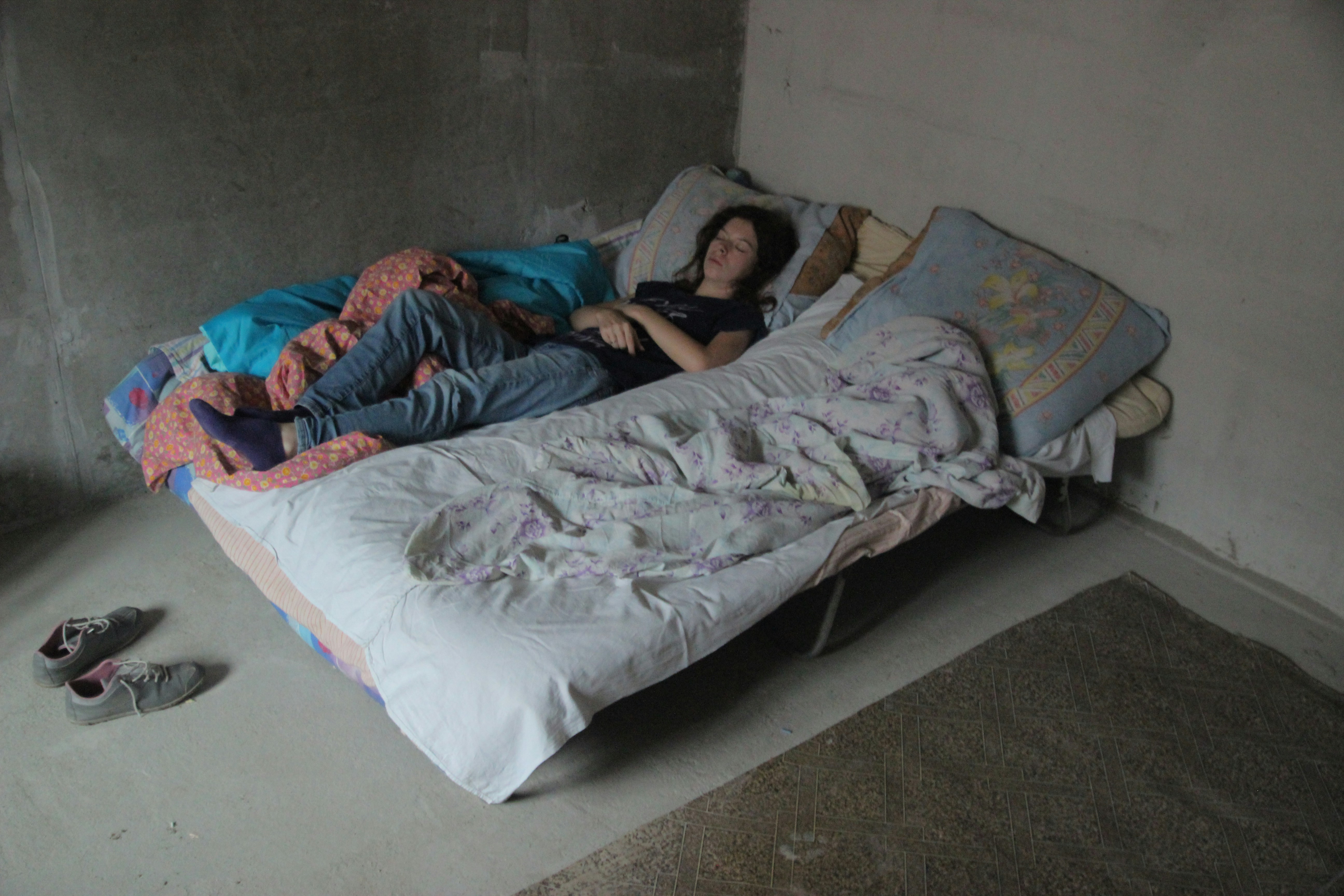[WORLD] Inadequate sleep among teenagers is a growing concern, with recent studies highlighting significant health risks associated with insufficient rest. A new study indicates that teens experiencing both insomnia and reduced sleep duration face a markedly higher risk of developing high blood pressure. This underscores the critical need for adolescents to achieve sufficient, quality sleep for optimal health.
Sleep Duration and Hypertension Risk
The study found that teenagers who struggled with falling or staying asleep and slept less than their peers were five times more likely to develop seriously high blood pressure. Even those without insomnia but who slept less than 7.7 hours faced nearly a threefold higher risk of elevated blood pressure compared to their well-rested counterparts. However, teens who reported insomnia but managed to sleep at least 7.7 hours did not exhibit a higher risk, suggesting that both sleep quality and quantity are vital for cardiovascular health.
Understanding Adolescent Sleep Patterns
Biological changes during adolescence naturally shift sleep patterns, making teens inclined to stay up later and wake up later. This shift, combined with early school start times, often leads to insufficient sleep. The American Academy of Sleep Medicine recommends that teenagers aged 13 to 18 obtain 8 to 10 hours of sleep each night to support their health and development.
Consequences of Sleep Deprivation
Beyond hypertension, inadequate sleep in teens is linked to:
Cognitive Impairment: Sleep is essential for memory consolidation and learning. Sleep-deprived teens may struggle with concentration and academic performance.
Emotional and Mental Health Issues: Insufficient sleep is associated with mood disorders such as depression and anxiety, and can impair emotional regulation.
Physical Health Risks: Chronic sleep deprivation is linked to an increased risk of obesity, diabetes, and hypertension in adolescents.
Engagement in Risky Behaviors: Sleep-deprived teens are more prone to making impulsive decisions, including substance use and unsafe driving practices.
Strategies to Improve Teen Sleep
To promote better sleep habits among adolescents, consider the following recommendations:
Establish Consistent Sleep Schedules: Encourage teens to go to bed and wake up at the same time every day, even on weekends, to regulate their internal clocks.
Create a Relaxing Bedtime Routine: Incorporate calming activities such as reading or listening to soothing music before bed.
Limit Screen Time Before Bed: Reduce exposure to screens at least one hour before bedtime to minimize blue light interference with melatonin production.
Promote a Comfortable Sleep Environment: Ensure the bedroom is cool, dark, and quiet to facilitate restful sleep.
Encourage Physical Activity: Regular physical activity can help teens fall asleep faster and enjoy deeper sleep, but it should be scheduled earlier in the day to avoid interference with bedtime.
Educate on the Importance of Sleep: Provide information about the benefits of adequate sleep and the risks associated with sleep deprivation to motivate behavioral changes.
Role of Parents and Schools
Parents and schools play pivotal roles in supporting teen sleep health:
Parental Involvement: Parents can set appropriate bedtimes, monitor sleep habits, and create a home environment conducive to sleep.
School Policies: Advocating for later school start times can align with adolescents' natural sleep patterns, potentially improving sleep duration and quality.
Ensuring that teens receive adequate sleep is crucial for their overall health, academic success, and emotional well-being. By understanding the unique sleep needs of adolescents and implementing supportive strategies, we can foster environments that promote healthy sleep habits and, consequently, healthier, more engaged teens.















